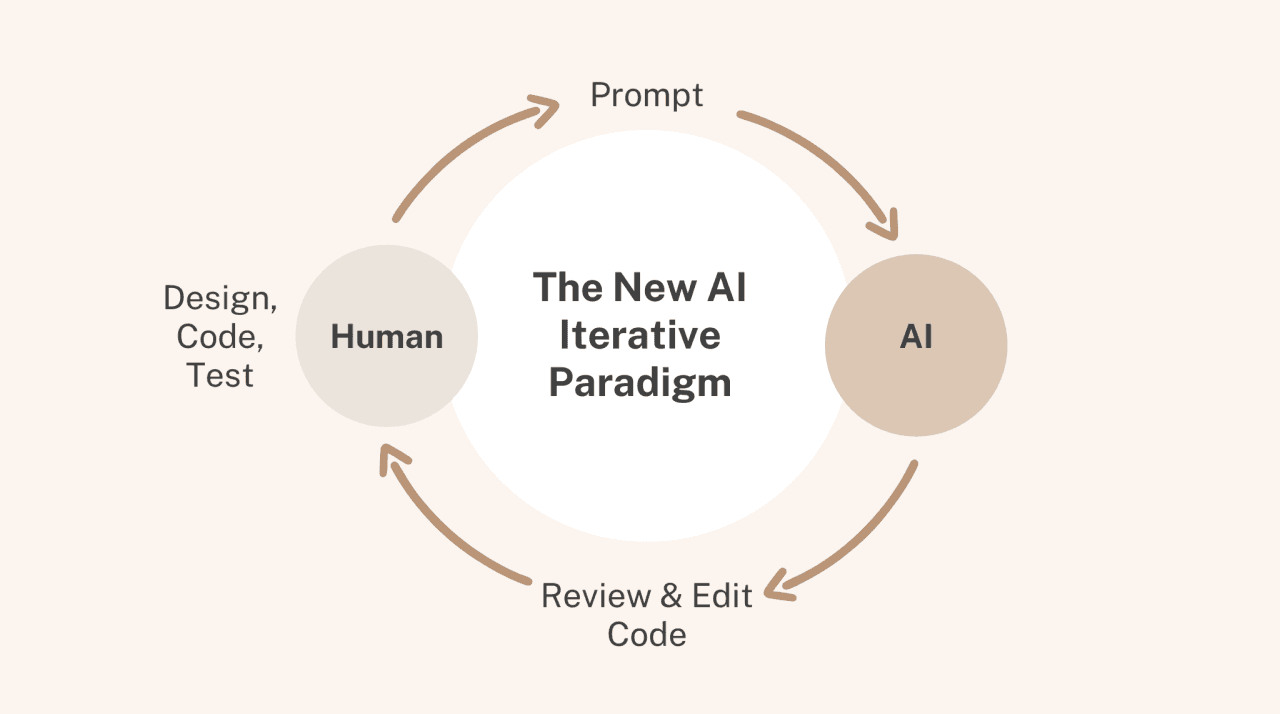The Next Frontier of Software Engineering: Embracing AI and Automation in Development
The field of software engineering is at a critical inflection point, one that is defined by the integration of artificial intelligence (AI) and automation into every stage of the development lifecycle. As we move into an era where machines can assist—or in some cases replace—many of the routine coding tasks traditionally handled by engineers, the role of the software developer is evolving. This shift is not just about increased efficiency; it represents a fundamental change in how we approach software design, development, and deployment.
In this article, I will examine how AI and automation are shaping the future of software engineering, the challenges and opportunities these technologies bring, and what this means for engineers looking to stay ahead in a rapidly transforming industry.

AI-Assisted Development: A New Paradigm
The introduction of AI-driven tools like GitHub Copilot and OpenAI’s Codex has fundamentally changed how engineers approach coding. These tools are not merely autocompletion on steroids; they can generate entire blocks of code based on a developer’s intent. For example, with a simple comment or prompt, AI tools can write the underlying code for a function, query a database, or implement an algorithm—all in seconds.
This level of automation is shifting the cognitive load away from writing boilerplate code to focusing on higher-level architectural decisions and problem-solving. Developers no longer need to memorize or manually write out syntax for common tasks. Instead, they can spend more time on creative aspects, such as optimizing algorithms, architecting scalable systems, or improving user experience.
This raises an important question: will software engineers become obsolete as AI takes over more of the coding? The short answer is no. While AI can generate code, it still lacks the ability to understand context, ethics, and the nuanced trade-offs involved in complex system design. Human engineers remain crucial, but the nature of their work will increasingly lean toward overseeing AI-driven processes, managing more abstract layers of development, and ensuring that AI-generated code aligns with broader business and technical goals.
Automation in Testing and Deployment
Beyond writing code, automation is dramatically improving other stages of the development process, particularly testing and deployment. Traditionally, testing has been a labor-intensive process, requiring engineers to manually write test cases and comb through logs to identify bugs. However, AI-powered tools can now automatically generate test cases, detect patterns in code, and even predict where bugs are likely to occur based on past trends. These systems are not just reactive; they are proactive, allowing teams to address potential issues before they ever materialize in production.
Similarly, continuous integration and continuous deployment (CI/CD) pipelines have become far more automated thanks to advances in AI. These pipelines can now automatically trigger builds, run tests, and deploy code without human intervention, drastically reducing the time between writing a feature and getting it into the hands of users. Automation ensures faster releases, fewer bugs in production, and greater flexibility to iterate quickly based on user feedback.
The Ethical Implications of AI-Driven Software Engineering
However, this new frontier is not without its challenges. One of the most pressing concerns is the ethical implications of AI in software development. As AI becomes more deeply integrated into the process, questions about accountability, transparency, and fairness in AI-generated code must be addressed.
AI systems, for example, are only as good as the data they are trained on. If an AI tool is trained on biased or flawed data, it may generate biased code, perpetuating harmful practices in the final product. Moreover, AI can make decisions that are difficult to interpret or understand—a concept known as the "black box" problem. Engineers must remain vigilant in ensuring that AI tools are transparent, fair, and auditable.
A Future of Co-Creation Between Humans and AI
In conclusion, the future of software engineering lies in the collaboration between human engineers and AI-driven systems. Rather than replacing developers, AI will augment their abilities, allowing them to work more efficiently, creatively, and strategically. Automation in testing, deployment, and other processes will continue to free up engineers’ time, enabling them to focus on innovation and high-level decision-making.
The software engineers who thrive in this new landscape will be those who embrace these tools, understand their limitations, and continually evolve their skill sets. In this next frontier of software engineering, human creativity and machine efficiency will combine to drive unprecedented levels of innovation and productivity. The future, it seems, is not a competition between humans and AI—but a partnership.